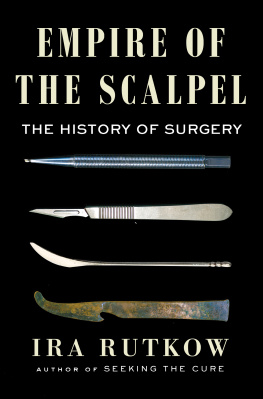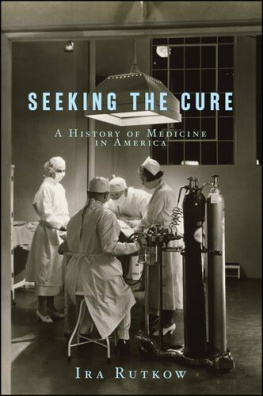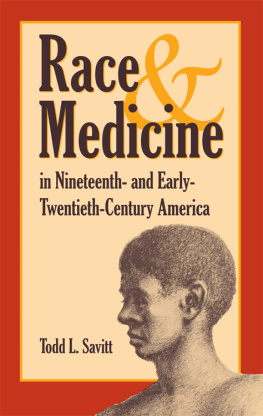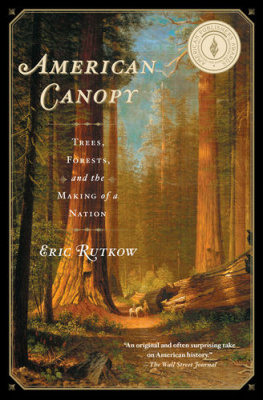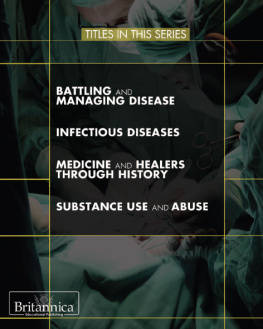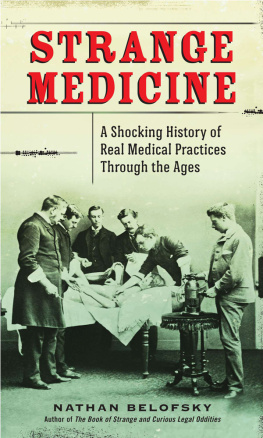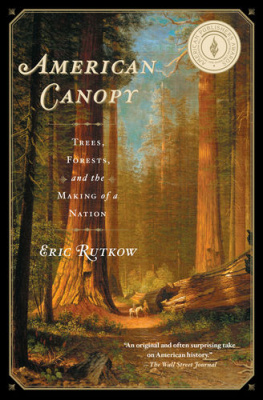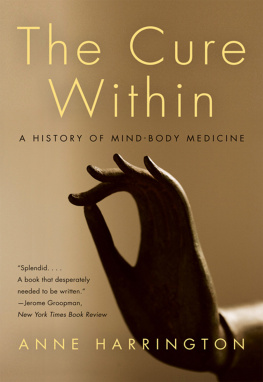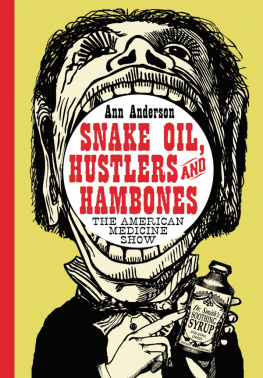Ira Rutkow - Seeking the Cure: A History of Medicine in America
Here you can read online Ira Rutkow - Seeking the Cure: A History of Medicine in America full text of the book (entire story) in english for free. Download pdf and epub, get meaning, cover and reviews about this ebook. City: New York, year: 2012, publisher: Scribner, genre: History. Description of the work, (preface) as well as reviews are available. Best literature library LitArk.com created for fans of good reading and offers a wide selection of genres:
Romance novel
Science fiction
Adventure
Detective
Science
History
Home and family
Prose
Art
Politics
Computer
Non-fiction
Religion
Business
Children
Humor
Choose a favorite category and find really read worthwhile books. Enjoy immersion in the world of imagination, feel the emotions of the characters or learn something new for yourself, make an fascinating discovery.
- Book:Seeking the Cure: A History of Medicine in America
- Author:
- Publisher:Scribner
- Genre:
- Year:2012
- City:New York
- Rating:5 / 5
- Favourites:Add to favourites
- Your mark:
Seeking the Cure: A History of Medicine in America: summary, description and annotation
We offer to read an annotation, description, summary or preface (depends on what the author of the book "Seeking the Cure: A History of Medicine in America" wrote himself). If you haven't found the necessary information about the book — write in the comments, we will try to find it.
Despite all that has been written and said about American medicine, narrative accounts of its history are uncommon. Until Ira Rutkows Seeking the Cure, there have been no modern works, either for the lay reader or the physician, that convey the extraordinary story of medicine in the United States. Yet for more than three centuries, the flowering of medicineits triumphal progress from ignorance to sciencehas proven crucial to Americans under-standing of their country and themselves.
Seeking the Cure tells the tale of American medicine with a series of little-known anecdotes that bring to life the grand and unceasing struggle by physicians to shed unsound, if venerated, beliefs and practices and adopt new medicines and treatments, often in the face of controversy and scorn. Rutkow expertly weaves the stories of individual doctorswhat they believed and how they practicedwith the economic, political, and social issues facing the nation. Among the books many historical personages are Cotton Mather, Benjamin Franklin, George Washington (whose timely adoption of a controversial medical practice probably saved the Continental Army), Benjamin Rush, James Garfield (who was killed by his doctors, not by an assassins bullet), and Joseph Lister. The book touches such diverse topics as smallpox and the Revolutionary War, the establishment of the first medical schools, medicine during the Civil War, railroad medicine and the beginnings of specialization, the rise of the medical-industrial complex, and the thrilling yet costly advent of modern disease-curing technologies utterly unimaginable a generation ago, such as gene therapies, body scanners, and robotic surgeries.
In our time of spirited national debate over the future of American health care amid a seemingly infinite flow of new medical discoveries and pharmaceutical products, Rutkows account provides readers with an essential historic, social, and even philosophical context. Working in the grand American literary tradition established by such eminent writer-doctors as Oliver Wendell Holmes, William Carlos Williams, Sherwin Nuland, and Oliver Sacks, he combines the historians perspective with the physicians seasoned expertise.
Capacious, learned, and gracefully told, Seeking the Cure will satisfy armchair historians and doctors alike, for, as Rutkow shows, the history of American medicine is a portrait of America itself.
Ira Rutkow: author's other books
Who wrote Seeking the Cure: A History of Medicine in America? Find out the surname, the name of the author of the book and a list of all author's works by series.

